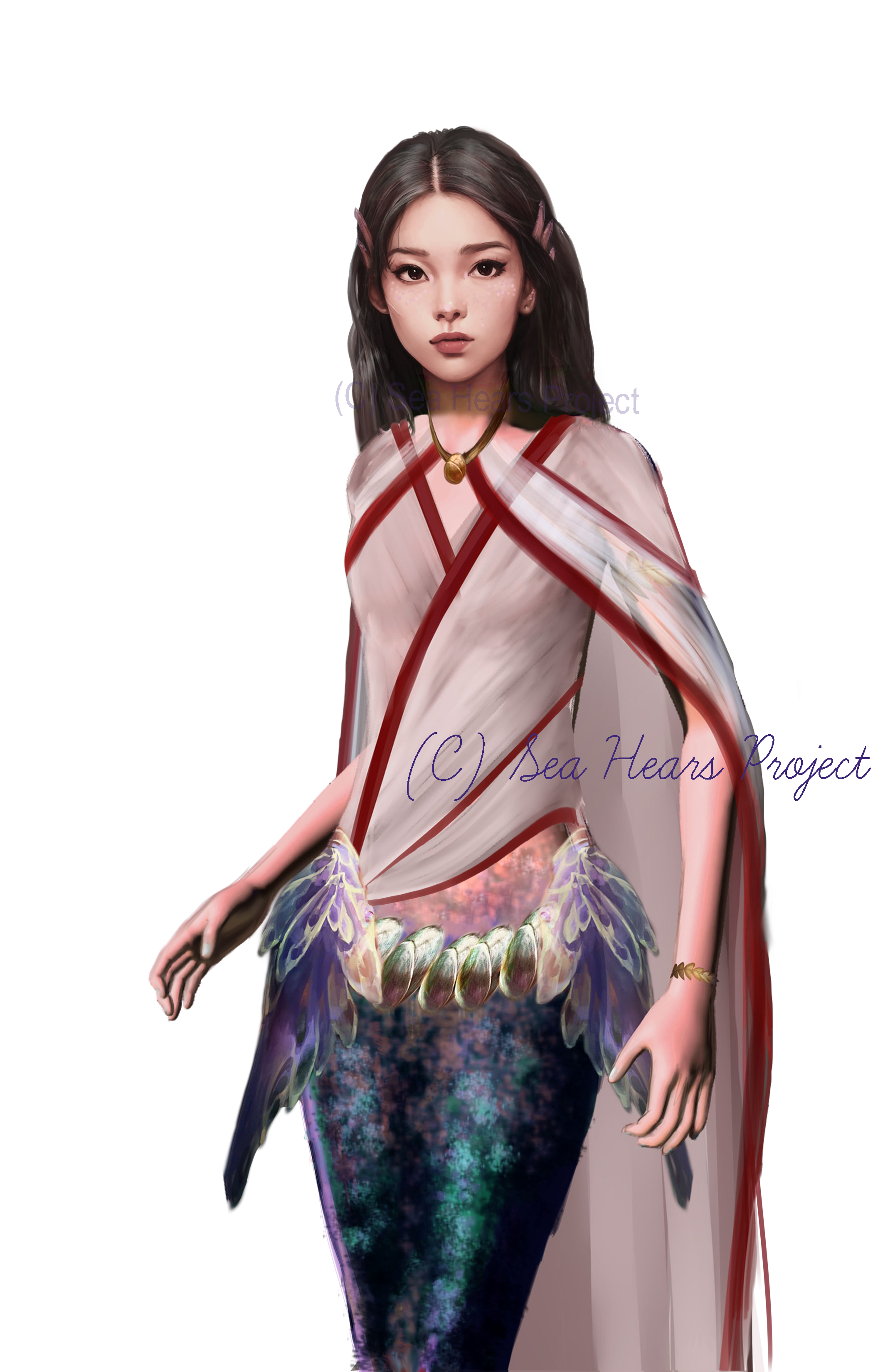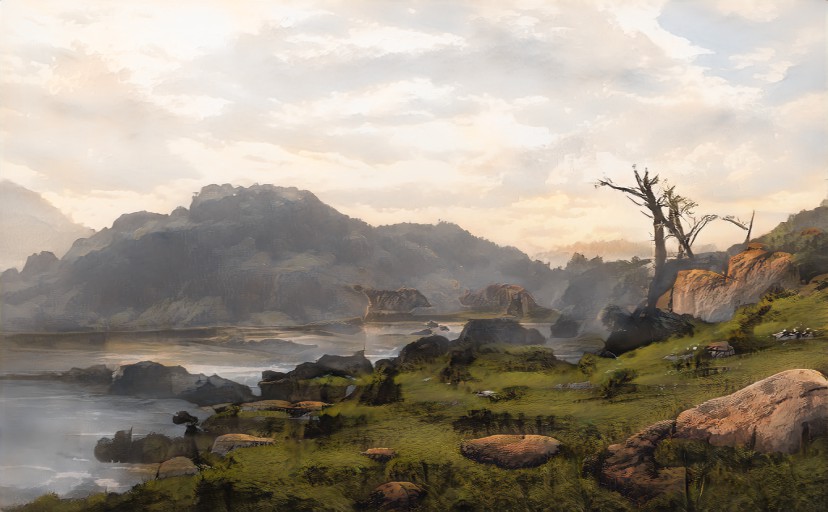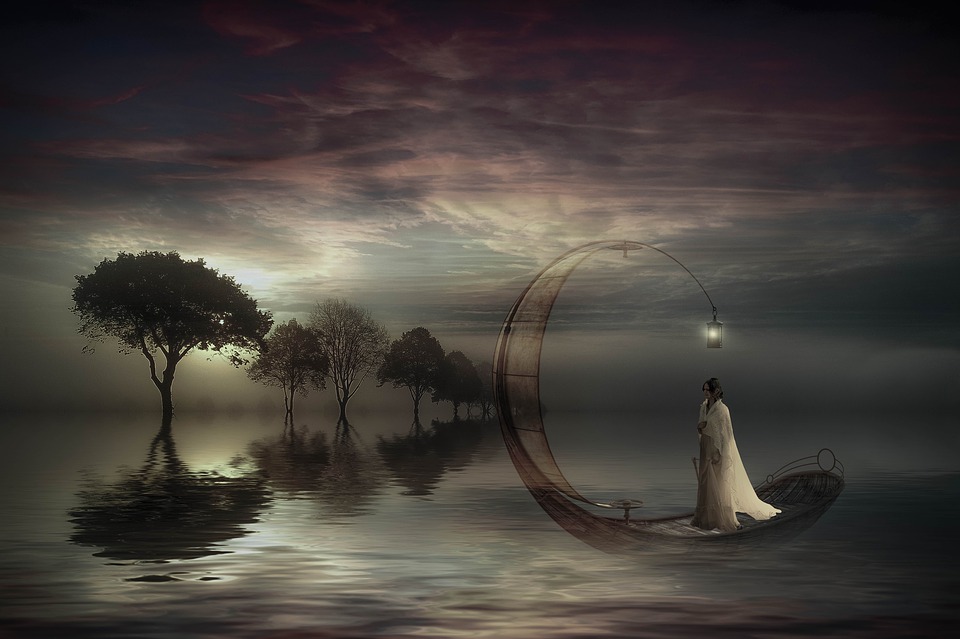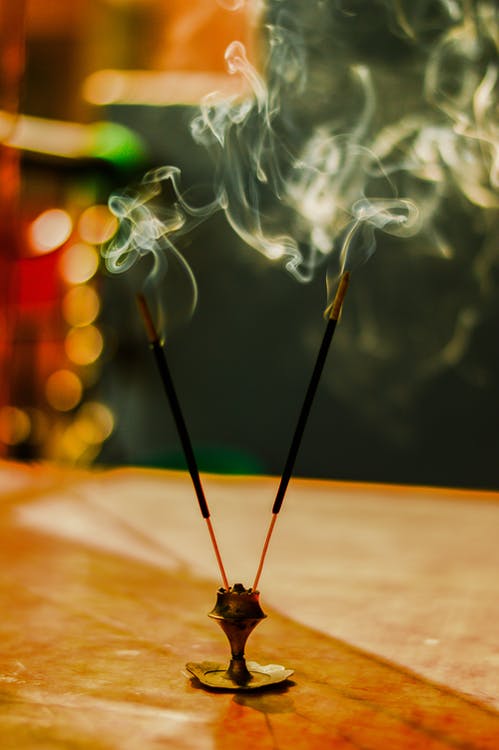Taru
Taru is a small nation bordered underneath Cantari. Many businesses meet at Taru for trade as it is seen as a 'mostly neutral ground' in the Cantarian continent. Once owned by the Federation, now officially allied with Cantari. Taru is seen as a country that will merge with Cantari, although many Taru residents seek true independence.
Taru has seen brutal conflicts in the past from civil wars and during the Second Armada. Despite this, the country has managed to actively modernise its way of life and has a famous academy for magi known as Taru International Academy .
Structure
Taruan government was only established at 622 AL, after the civil war finally ended. The government is run through a series of ministers who must specialise in a certain field early in their political career. Political debate is very serious and formal and has very strict rules. For example, ministers and other politicians may only debate in the Chambers Meetings. Interviews and speeches may only discuss what has previously been said in the Chambers Meetings themselves. Most Taruans feel uneasy in sharing their political views with others and voting is a very quiet, private affair.
Culture
Despite most Taruan schools still earnestly following the old, regimented Federation style of fashion and structure, much of Taruan culture is laid back. Many Taruans will relax outside, leaning against walls or sitting on the steps by the bridges. It is also acceptable for citizens to meet up by the cliffs or the beaches throughout various times of the day.
In Taru, if you live a certain way in harmony with everyone else but keep certain aspects of your heritage, you could blend the names of your ethnicities with Taru. Federation Taruans are nicknamed Faru. Edgard Taruans, Eru. For Northern Isles, the ‘N’ is put at the end, because… Well, it has to do with both languages…Other ethnicities that have stayed in Taru for generations or have integrated with the majority culture can be respectfully (and affectionately) referred to as Faru (Federation Taruans), So-u and Eru (Edgardian Taruans). These people are likely to follow a mix of Taruan cultures such as gathering outside homes along the streets, while maintaining a few of their other inherited traditions. In Taru, judgement is not based on what you look like but on your deeds and actions. This could partially explain the open-mindedness towards other cultures towards immigrants and tourists alike. Valued deeds and actions include contributing towards Taru's journey towards peace, Taru's efforts in modernising the land or being particularly good at something. There is a great deal of love of Taru among the citizens, and many are very proud to love their so called 'imperfect home'. The word Taru in Taruan itself means home, but the word also means something that is always to be improved upon, maintained, and nurtured. Taruan junk boats are also of great importance in Taru. One of the hero brothers, Lo Chen worked especially hard to ensure the tradition of shipbuilding in Taru stayed alive.
Annabel, in Annabel's prologue
Magi Culture
Magi have always been discreet about their ways in Taru before the Magi Council revealed themselves to the world. Their use of magic was subtle, such as using transportation magic to help them catch fish they would sell to the market, using restoration magic to create magical herbal remedies for the ill, etc. That said, any average Taruan detective could investigate and learn more about magi if they wanted to. Outsiders, especially during Taru's unrest, wouldn't get very far. However, now everyone knows about magic, magi citizens could become quite the celebrity should they want to, hosting magical shows and performances and using it to create wuxia performance art. A magi who invests carefully into their craft could find it easier to find employment, if they had the funds in the first place to not start working at a young age. There is a general positive public opinion towards magi, however boastfulness for the sake of boasting or showing off is not admired in Taruan culture. Instead, purposeful magic - whether that's to aid work, help others or create appealing art is appreciated. Many Taruan engineers are able to create special effects that can look as if they are magi. These performers are just as appreciated and valued, because its not the gift one is born with that is impressive, but the result of effort and hard-work.Public Agenda
Public agenda is subtle and strategic, as no one wants to damage foreign relations that could jeopardise a peaceful existence for Taru. Calls for independence are discreet and discouraged from reaching media attention.
History
Taru has a long history of military conflict and occupation. In 570 AL the brutal War of Spears began, as the Cantari's infamous spears faced Federation forces to take Taru. The Federation defended and there was no clear winner. Civil unrest destroyed much of Taru's agriculture and growth, and the uneasy truce did little to settle the citizens. During the Second Armada, some Taruans vouched to fight for Taru Independence, under the guise of secretly assisting Cantari forces believing they would fair better from Cantari rule, while another group renounced their efforts and publicly supported The Federation. Families were torn apart through ideologies and died in the infighting, allowing Cantari and Federation troops to focus on fighting each other. The famous Taruan brothers Lo Chen and Qing Chen and the previously unknown Taruan Merfolk played a vital role in Taru's shocking victory, through uniting Taruans under one goal, to survive and oust the armada from Taruan seas. Shortly after, The Federation handed Taru to Cantari. In 622 AL civil unrest finally ended and Taru elected their government.
Since then, there has been an uneasy alliance with Taru and Cantari, with many citizens who fought for Taru's right to independence during the Second Armada unsatisfied with the agreement. Much like an elephant in the room, discussion of politics is unwelcome in households and seen as a very mature and private topic.
Demography and Population
Taru is home to many ethnicities and cultures due to its growing business sector. While Taruan is the most common ethnicity, there are many people from The Federation, Cantari, Edgard and the Southern Islands who call Taru their real home. Many people who feel they have fully integrated into a Taruan way of life will proudly say they're Faru (Federation-Taru), So-u, (Southern Islands), etc.
Religion
There is no emphasis on organised religion in Taru, however there are many Taruan spiritual ideas and traditions that are popular. Such ideas may be followed to varying degrees of emphasis, and while the spiritual culture may be passed down from generations or widely acknowledged in local media and art, there's no such instruction or teaching that directs or prefers one method over another, nor is there any interest in conversion or proselytization towards other Taruans or non-Taruans.
So once again, I offer up this prayer to the spirits, and the sea herself. Guide these new students well, allow us safe passage.There are also no idols within Taruan spiritualities, however there is a profound acknowledgement of spirits who have differing personalities and desires. There are many interpretations of spirits, but most agree that spirits have strange ways that are impossible for humans to understand, and vice versa. Despite this, they can offer symbiotic[ relationships on occasion, therefore many sailors will offer a prayer of spirits through incense or burning herbs before a voyage. Some ghosts are also acknowledged in some Taruan spiritualties, but whether they themselves are the spirits, or a separate entity is not distinguished. Perhaps, Taruans simply do not wish to investigate what cannot be understood.- Lo Chen , extract from Visual Novel
Education
Education is free and accessible to young students for the most part, though uniform, excursions and reading materials can become very expensive. Magi in Taru do not have to attend academies or gain any qualification in regards to their magic. Before the popularity of Taru International Academy , many poorer families would forgo magical training in order to work and financially support the household. This may lead to magi losing their magical prowess, or on very rare occasions, losing control.
Si theru mal sora constar. | We rise and soar together.
Type
Geopolitical, Country
Currency
1 Junk (j) = 10 Zaws (z) = 100 Kakams (k).
Related Traditions
Controlled Territories
Neighboring Nations
Related Ethnicities
Notable residents
Lo Chen , the seafaring teacher at the academy. Stern and stubborn, Lo Chen is known for his role in the Second Armada.
Meili portrait by Dave, exclusively for SailingOcelot






Comments